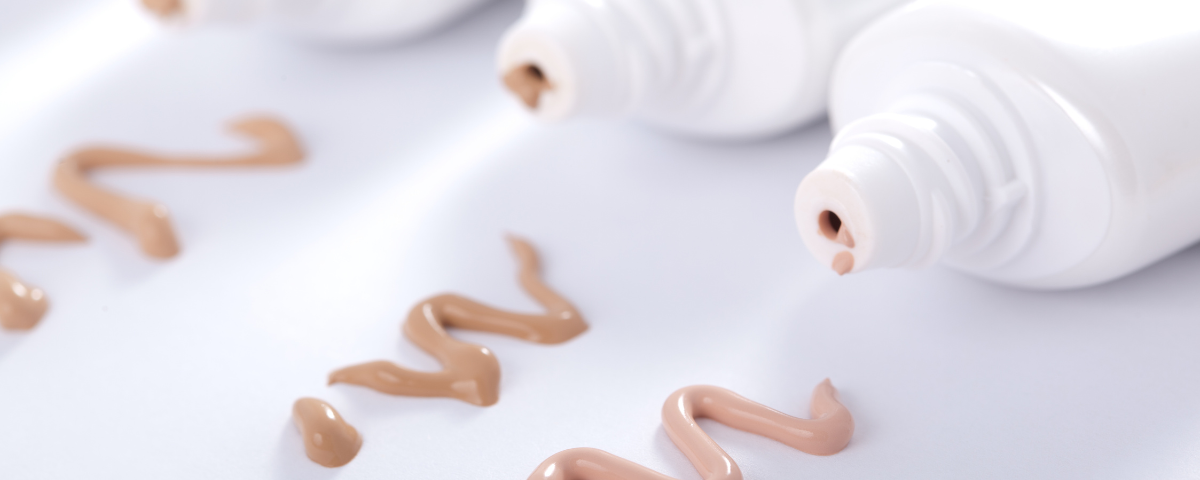Does anyone remember Procter & Gamble’s Reflect? A 6 year (1999 – 2005), $80 million experiment that provided customized make-up, skincare, haircare and perfume to its customers. The products were shipped to consumers within 5 days after creation. (Marketing Week) After the company was closed, P&G said it had been an exploratory project to gain insights into consumer preferences. Were they ahead of their time? Or is customization too challenging to turn a profit?
Let’s take a look at some of the brands that have moved into the customization space since then.
Launched in 2015, Function of Beauty celebrates the consumer with tailor-made, naturally-derived hair care formulas, crafted by in-house chemists and beauty experts. Since launch, they created over 15 million unique, customized products with the capability of creating a unique formula every 15 seconds. This customization includes fragrance, color, size and bottle type. Formulations can change as needs change. “Give us two minutes of your time and we’ll formulate a unique haircare regimen customized just for you.”
Prose launched in 2018 with an AI-powered algorithm to personalize skincare and haircare products and routine, carefully selecting from 185+ clean ingredients. Because every person is one of a kind, Prose is replacing mass-produced with made to order — for truly personalized products and custom care for unique hair and skin needs. As consumer requirements change, Prose will modify the custom formulas accordingly. Building progress into every formula, designed to evolve over time, products are freshly bottled in their Brooklyn factory and customized to the consumer’s life style, zip code and the changing seasons.
Pure Beauty Culture launched in 2020 via an at-home skin test and questionnaire. The company creates custom formulas that consider everything from the consumer’s diet and environment to their genes and skin priorities. They strive to make it easy to build a routine that fits each consumer’s unique lifestyle. They flipped the industry’s standard approach. Instead of starting with a one-size-fits-all product, they start with each client. “You’re more than just your skin type.”
Finnish Tech company Revieve launched in 2022. The company’s proprietary technology is their digital health-beauty-wellness platform, which features easy-to-use self-diagnostic modules. They can personalize search and shopping experiences to deliver targeted products, services and treatments to their clients. Their true-to-life AI and AR try-on platform proves “Beauty is Personal. Unleash the Power to Be Unique.”
Strands is a science-driven, premium, direct-to-consumer brand that launched in 2020, using results of scalp and hair testing to individualize haircare. The Hair Lab, a mass-market offshoot, entered Walmart in 2022. Their latest offspring, The Body Lab, launching shortly in Walmart, is anticipated to do $10 million in their first year.
Thinking through the category of customization on a broader scope brings me to Starbucks. With more than 170,000 ways to customize beverages at Starbucks stores, customers can create a favorite drink that fits their lifestyle. The concept of the “IKEA effect” refers to the psychological phenomenon where individuals place a higher value on products they have partially created or customized themselves. Starbucks expertly capitalizes on this effect by involving customers in the creation process of their drinks. By allowing patrons to customize their beverages down to the smallest detail, Starbucks taps into the innate human desire for autonomy and self-expression. As a result, customers feel a deeper connection to their Starbucks drinks, elevating their perceived value and fostering brand loyalty. By embracing customization as a cornerstone of its brand identity, Starbucks has transformed the coffee-drinking experience into a deeply personal and gratifying ritual for millions of people worldwide.
Back to beauty:
Estimates are all over the board, but the most mentioned number of beauty brands in the United States is about 4300. I think that’s low…none the less, it’s hard for me to imagine there isn’t already a product on the shelf for every need and preference. Fenty has made 50 foundation shades table stakes!!
Can customization scale, make money, be efficient? From my perspective, it remains to be seen. Starbucks, claiming 170,000 variations of their drinks, made customization their mantra. As we all know, they are now having their own set of issues and one of them is the amount of time baristas spend customizing consumer orders.
Technology is certainly a key element in the future and success of this progression. Consumers believe customization is critical. I’ve seen many failed attempts. More to come for sure. I can’t wait to see where we’ll be in another 5 years!!
Feeling inspired?
Then why not visit one of the in-cosmetics events around the world?

